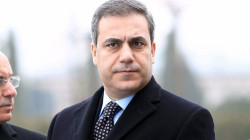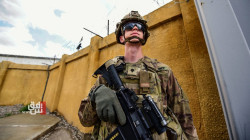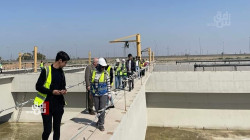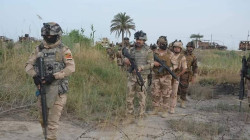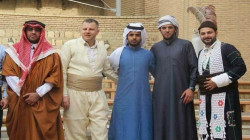Iraq's long-awaited census sparks ethnic fears in disputed areas
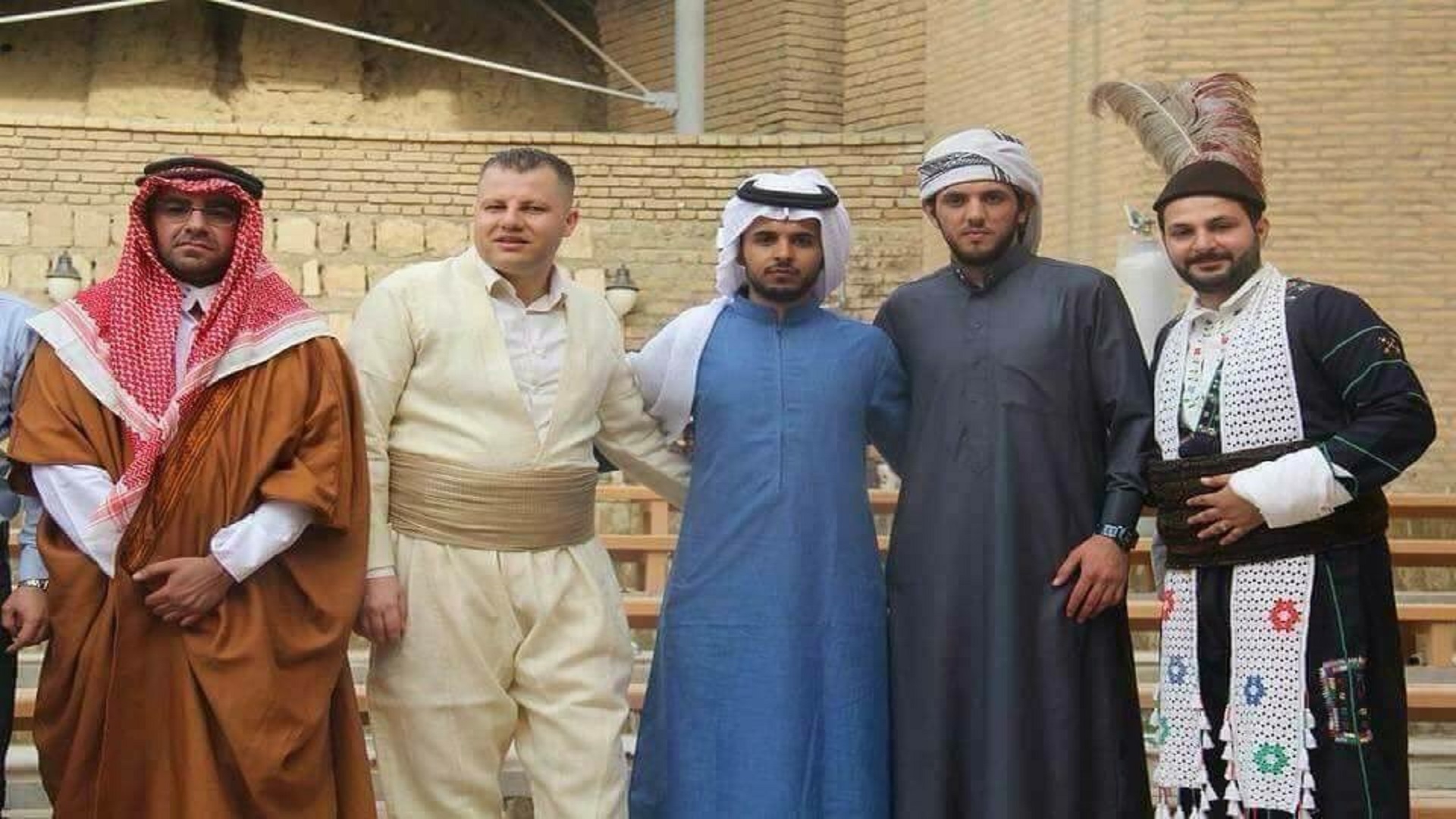
Shafaq News/ The removal of the ethnicity question from Iraq's upcoming census, set for later this year, has ignited concerns among Arab, Kurdish, and Turkmen communities in disputed areas. These groups fear that their identities may not be accurately represented or counted, leading to potential political ramifications.
Iraq's last comprehensive census took place in 1987, with a subsequent count in 1997 that excluded the Kurdistan Region. Since then, Iraq has relied on unofficial estimates until the Ministry of Planning reported a population of over 42 million in 2022.
Understanding Iraq's Disputed Territories
The term "disputed areas" in Iraq refers to regions where both the Iraqi government and the Kurdistan Regional Government (KRG) claim administrative control. These areas are predominantly located along the boundaries of the Kurdistan Region and stretch into several governorates, including Kirkuk, Nineveh, Diyala, and Saladin.
The disputes over these territories stem from a mix of historical, ethnic, and political factors. These regions are ethnically diverse, with significant populations of Kurds, Arabs, Turkmen, and other minorities. The Kurdish population, in particular, views some of these areas, such as Kirkuk, as historically Kurdish and integral to the Kurdistan Region.
The 2005 Iraqi Constitution attempted to address the issue through Article 140, which called for a series of steps, including normalization, a census, and a referendum to determine the final status of these areas. However, this article has not been fully implemented, leading to ongoing tensions between Baghdad and Erbil over the control and governance of these regions.
Control over these areas is not only a matter of ethnic identity but also of economic and strategic importance, particularly because of the rich oil reserves in some of these territories, especially in Kirkuk. The unresolved status of the disputed areas remains one of Iraq's most complex and sensitive issues, contributing to periodic violence and political friction.
Khanaqin Raises Objections
Ali Hussein, a resident of the disputed town of Khanaqin, expressed his concerns to Shafaq News Agency, stating that "ethnicity is a fundamental part of an individual's identity and cannot be altered. Removing this aspect from the census contradicts the Iraq's constitution."
In turn, Kurdish politician Najm Warni from Khanaqin added that the omission of the ethnicity question from the census form "conflicts with the 2005 Federal Constitution and previous constitutions since the founding of the Iraqi state." Warni emphasized that the constitution recognizes Iraqi identity as a partnership among Arabs, Kurds, Turkmen, and other groups, making the removal of the ethnicity question."
He stressed the need for the relevant authorities, legal experts, and the Federal Court to review this "constitutionally controversial oversight and ensure that the ethnic identity of the federal state of Iraq is not erased."
"A census in disputed areas should be preceded by normalization of the situation, which has not been achieved due to the current state of the country, especially following the control of ISIS over various areas in Kirkuk, Saladin, Diyala, and Nineveh governorates, and the subsequent political changes in the administration of areas in Kirkuk and Diyala."
Census Loses Its Core Purpose
Political analyst Hawari Karzan from Al-Sulaymaniyah argued that the omission of ethnicity from the census form strips it of its actual significance. According to Karzan, census operations are fundamental for "building a solid database and should adhere to transparent standards…understanding the ethnic composition is particularly important in disputed areas to provide a reliable database for addressing sensitive issues.
Karzan also highlighted potential complications with the housing census, given that there are disputed areas not only in Saladin, Diyala, Kirkuk, and Nineveh but also in Al-Anbar, Basra, and Al-Sulaymaniyah.
Kirkuk at the Heart of the Debate
Nawzad Shirzad, a Kurdish activist and politician in Kirkuk, voiced his concerns about the removal of the ethnicity question, emphasizing that this decision has sparked fears among Kurds in disputed territories.
"The ongoing demographic changes in Kirkuk, particularly the increase in the Arab population, could alter the city's ethnic balance, especially after the events of October 2017 when Iraqi forces entered Kirkuk, leading to the displacement of Kurdish families." Shirzad pointed out the need for the Iraqi Ministry of Planning to establish mechanisms to preserve the accurate count of ethnic groups in the census.
Ali Khalil, an Arab political activist in Kirkuk, expressed similar concerns within the Arab population. Khalil argued that "Arabs are not a minority in Kirkuk and could constitute more than half of the total population, as evidenced by provincial election results where Arabs secured six seats."
"With greater participation, they could have won up to nine seats."
Khalil believes that while Arabs in Kirkuk support conducting the census, they oppose the incorporation of the city into the Kurdistan Region. He criticized Article 140, arguing it failed to resolve issues and was exploited by Kurdish parties without providing a clear roadmap for the disputed areas.
Meanwhile, Turkmen political activist Samir Abdullah emphasized the importance of the census in accurately reflecting the Turkmen population, particularly in Kirkuk.
Abdullah criticized the removal of the ethnicity question, stressing that Turkmen prefer that Kirkuk remains under the control of the federal government in Baghdad rather than being integrated into the Kurdistan Region, which he described as a decisive stance for the Turkmen community.
Government Response
Despite experts' and activists' concerns about removing the ethnicity question, government officials have emphasized that the census is primarily an economic tool with no political agenda.
During a conference on the importance of the upcoming census, Maysoun Nouri, head of the Khanaqin Statistics Division, stressed that the census aims to collect data on housing and individuals with no connection to political issues. Nouri stated that the census form will include 72 questions, excluding those about ethnicity and sect.
For his part, Abdel Zahra al-Hindawi, spokesperson for the Ministry of Planning, confirmed that the removal of the ethnicity question was not politically motivated. He emphasized that "the census is an economic and developmental process intended to provide key indicators for all regions of Iraq, including the Kurdistan Region and Kirkuk."
"The census is purely an economic exercise, with no political agenda."
